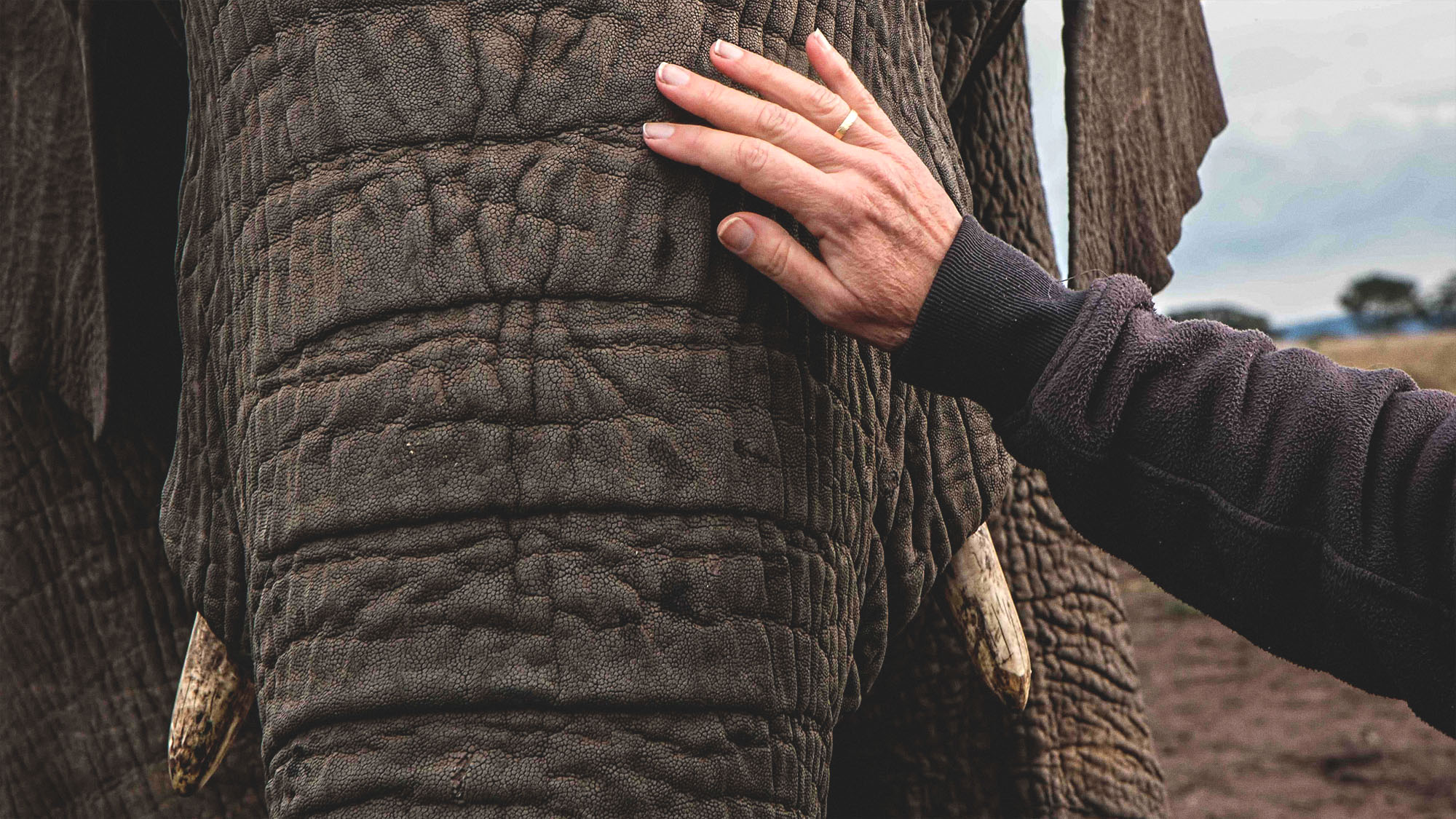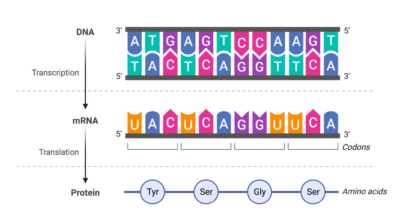An international study led by the Institute for Evolutionary Biology (IBE: CSIC-UPF) used comparative genomics to identify 2,000 genes that, linked to different biological mechanisms such as DNA repair, would influence the longevity of human beings.
Specifically, the evolutionary study compared 57 species of mammals and found in the stability of proteins over time one of the key points to understand the differences in longevity between species and individuals. Thus, comparing the same proteins in different organisms, they have seen that those of the longest-lived organisms are significantly more stable than the proteins of the shorter-lived organisms.
“The generic stabilization of the proteome is fundamentally found in genes we have identified as being related to age and longevity”
Gerard Muntané, researcher at Arcadi Navarro’s group and co-head of the study.
Genes linked to greater longevity (that is, those in which the older-living organisms had certain changes in amino acids that other organisms did not have) participate in processes such as inflammation or hemostasis.
The authors highlight that these genes could not have been detected by comparing only human genomes, because there is little or no variation in their sequence between humans. For this reason, the authors of the study wanted to highlight the important role of comparative genomics and evolutionary biology applied to medicine since “it can make very important contributions directly applicable to human health“. Thus, they conclude, one could study “any character of human health or disease, such as blood pressure, cholesterol or cancer, following the same approach.”
Farré X., Molina R., Barteri F., Timmers P.R.H., Joshi P.K., Oliva B., Acosta, S., Esteve-Altava B., Navarro A., Muntané G.; Comparative analysis of mammal genomes unveils key genomic variability for human lifespan; Molecular Biology and Evolution, 2021






